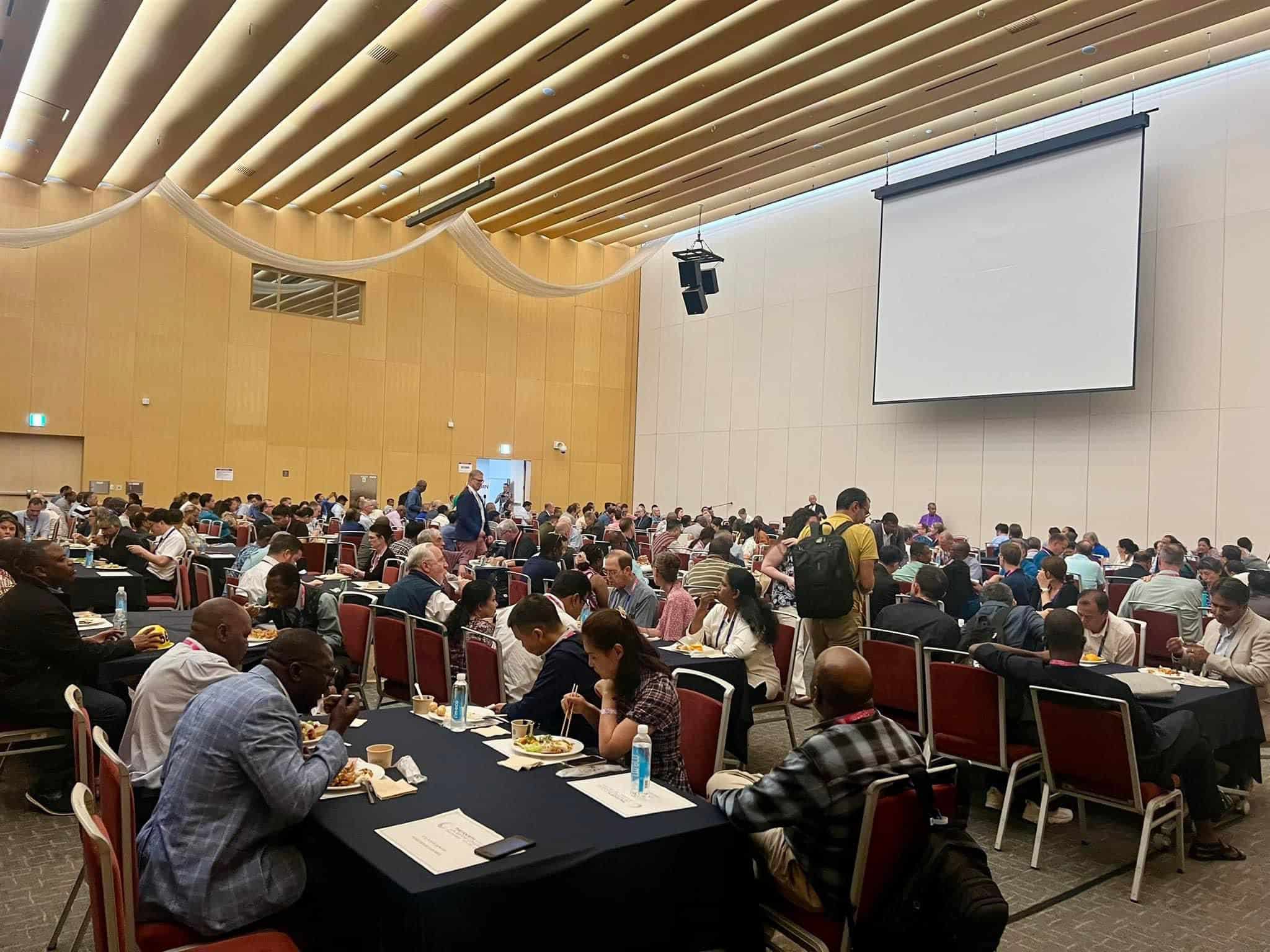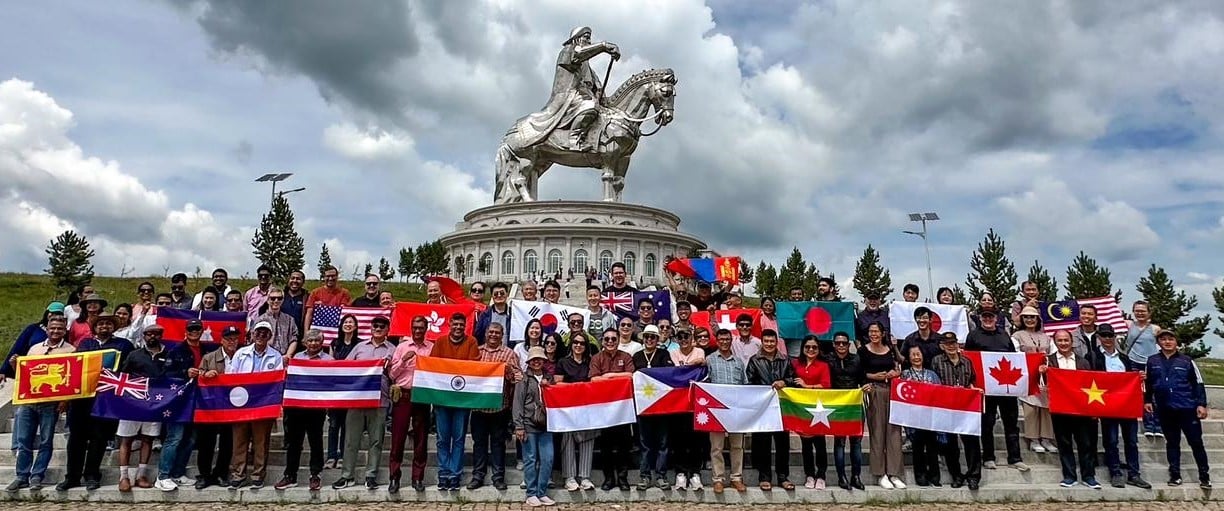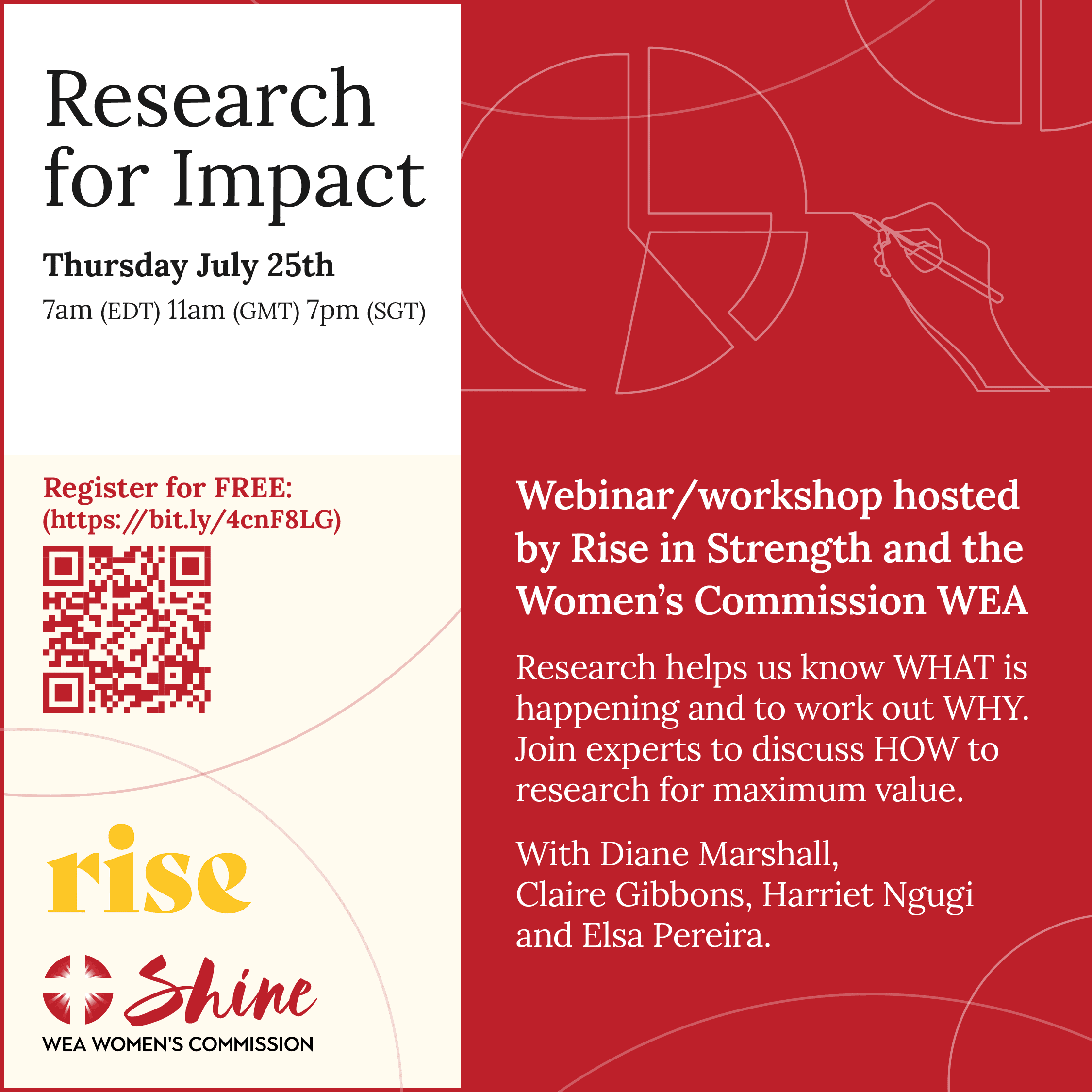Good things are happening for interconfessional relationships in Russia. For the first time in four years, representatives of all of Russia’s leading evangelical denominations attended a session of the Moscow-based Advisory Council for the Heads of the Protestant Churches of Russia on 23 September 2019.
Most significant was the presence of top leadership from the Russian Union of Evangelical Christians-Baptists (RUECB) , both President Peter Mitskevich and his deputy, Viktor Ignatenko, attended.
Citing differences with Bishop Sergey Ryakhovsky of the Associated Russian Union of Christians of Evangelical-Pentecostal Faith (ROSKhVE), the Baptist Union had broken ties with the Advisory Council on 23 September 2015.
The Baptist Union has not rejoined the Council, but talks are finally underway. The chances of Russian Protestantism once again being able to speak with a single voice are increasing.
Official talks between the 2003 founded Russian Evangelical Alliance (REA) and the Baptist Union took place on 26 September 2019. The REA is now accepted as a full member of the Advisory Council and was present for the conversations with the Baptist Union the three previous days.
The Alliance was also present at the Sixth Plenum of Christian Inter-Confessional Advisory Committee for the CIS-Countries and Baltics at Moscow prestigious “President´s Hotel” on 30 October.
This body, whose forum meets biannually, is a kind of Russian alternative to the Geneva based World Council of Churches. Its three heads are Orthodox, Roman Catholic and Protestant.
The Protestants are currently represented by the Lutheran Archbishop Dietrich Brauer. Vitaly Vlasenko, who once held the Protestant chair on this committee, attended for the Russian Evangelical Alliance.
This upsurge in REA activity is due in part to Vitaly Vlasenko’s appointment as its global ambassador in 2017. He has visited numerous countries since then, including China and, most recently, Georgia and Armenia.
Vlasenko, once head of the Baptist Union´s Office for External Affairs, is now also serving as the European Evangelical Alliance representative to the Orthodox churches. Alexander Fedichkin and Sergey Vdovin remain the REA’s president and general-secretary, respectively.
The REA was also involved in conversations with Doug Burleigh, head of Washington’s “National Prayer Breakfast” movement, in Moscow on 16 October.
In the current atmosphere of heightened state pressure emanating from the Yarovaya Laws of 2016, situations have come about on the regional level in which individual Protestant denominations have attempted to curry favour with the state at the expense of others.
The REA very much discourages such ventures, evangelical solidarity is the official course. Government examination of Moscow’s numerous Protestant seminaries continues.
Seminaries are operating, but only Moscow Seminary of Evangelical Christians headed by Alexander Tsitserov and Moscow Theological Institute (Sergey Yastrzhembsky, Rector) presently enjoy state accreditation.
MTI belongs to the historical Pentecostal denomination headed by Eduard Grabovenko: the “Russian Church of Christians of Evangelical Faith” (RTsKhVE). Heavy hitters like the RUECB- and ROSKhVE-seminaries are operating without state accreditation.
By Evangelical Focus]]>





Stay Connected